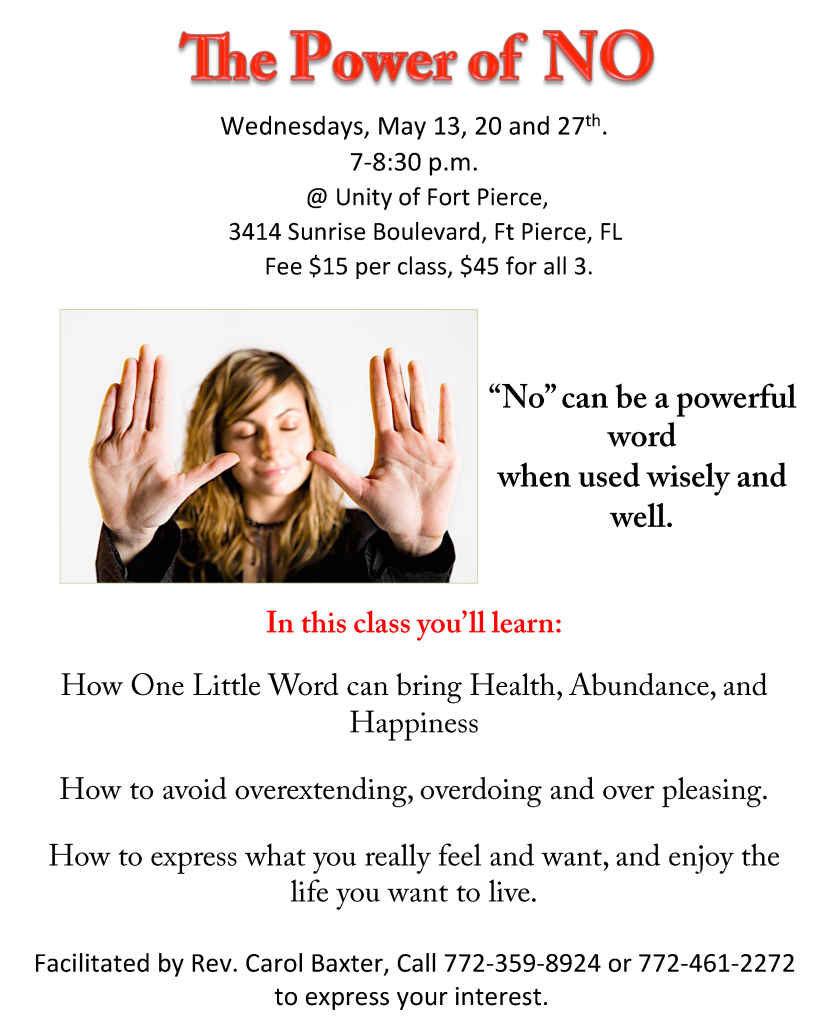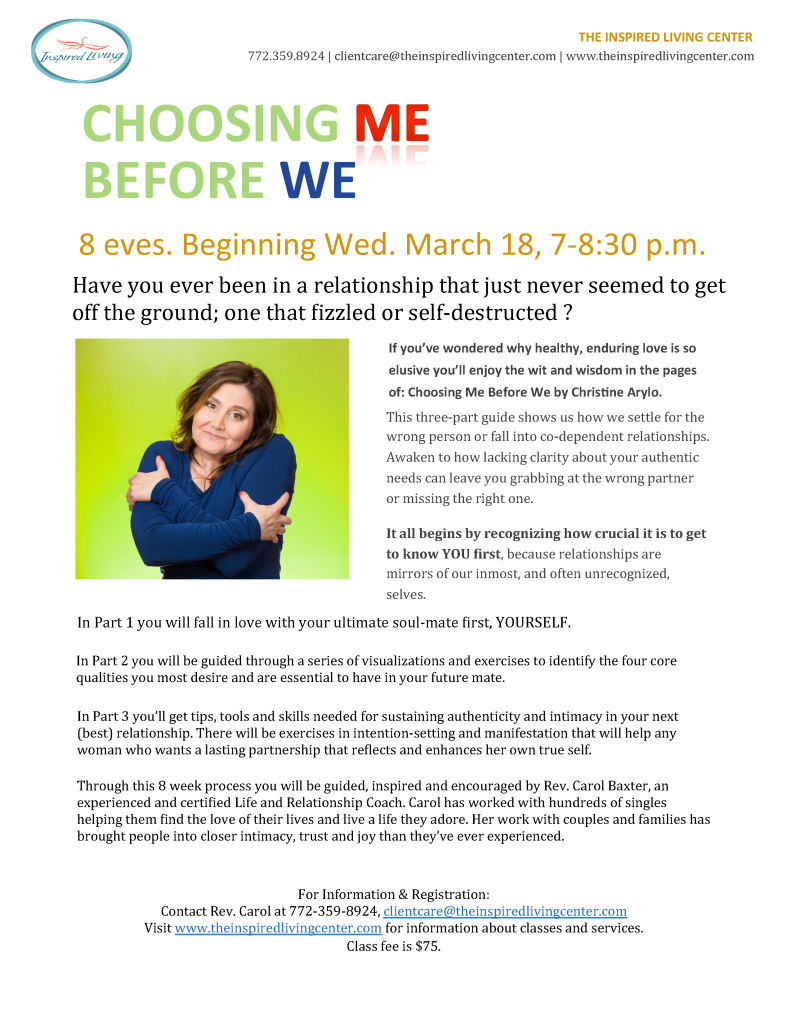It’s inevitable Sooner or later you’re going to hear your innocent little one say an offensive word. Your reaction will more than likely be amazement, amusement, anger, worry, embarrassment, disgust, or hurt. You may be offended, feel disrespected and, more often, wonder what you did wrong. What you need to remember is that obscene, profane or otherwise inappropriate four-letter words have a magical quality to most children. Any word that is said with emotion and emphasis or gets a strong reaction is going to be a powerful word for your youngster. So you are bound to hear that word again and again.
Children are learning. They hear a word and then use it. They do not know what these words mean. They are like any other word in their vocabulary. They will try the new word out in different settings. When a word gets a strong reaction their fascination with the word grows.
It is our job to help them choose words and actions that help them learn what is appropriate and what is not.
In order to minimize the attraction of these words, and to let your child let go, it helps to understand where they heard the word and what to do about it.
Children learn these words in a number of ways.
No matter how diligent we are or how much we discourage others from using poor language around our little one’s ears, it is going to happen. Sometimes even from us. You stub your toe; you’re wrestling with the family budget, come home frustrated and angry from a hard day at work, and the word slips out. As we know, little ones have big ears.
What to do:
1. When it’s from you, say ‘I’m sorry’. Let your child know that no one is perfect but it is a word you are not proud of using.
Change your language. While an occasional *&%(#) might slip out- get into the habit of being vigilant about the way you express yourself. It’s a win-win. Everybody learns clearer ways to say what they mean.
Find fun words to use instead for those moments that deserve an exclamation point. ‘Leaping lizards!’, ‘Jumpin’ Catfish!’ , ‘Frolicking Tadpoles!’. These words encourage imagination and playfulness, while still expressing that strong emotion.
2. When your child hears these words from someone else, or in someone else’s home.
What to do:
If the child hears these words from someone else, especially another child’s parents, be careful not to blame them. Focus on your child’s behavior, not the other person. Just tell your child, “That’s a word we do not like to use.” Remember that you are your child’s guide and mentor. Your words hold more weight than anyone else’s.
3. When your child repeats words that another child says. Children play with words; this is how they develop their language skills.
What to do: Do not focus or blame the other child. You are teaching your child to be selective and responsible for his own behavior. Let your child know that he doesn’t have to use the same words Justin is using, that there are lots of other words he knows and can use.
4. When there is a deeper reason. Our children are just learning how to express themselves and build an emotional vocabulary.
What to do:
Look for an underlying reason or emotion that spurred that language. When more is going on you can usually tell by observing your child’s mood or paying attention to what is going on at that time. Is your child frustrated, fearful, or angry? Just by saying, “You must be very upset/ hurt/ sad/ angry… ”, lets them know that you care about their feelings. Being observant and nonjudgmental tells them they are not alone in their distress. Do not worry- there will be time to talk about the bad language. This is ‘emotional triage’- the most important or wounded part gets the attention first.
When we acknowledge a child’s feelings this often lets them know that it is safe to talk about what they are feeling or what has happened. Ex. “I see it makes you angry when Tony takes your toys.” Or, “I can tell you get upset when you can’t figure out a new math problem. But the word you said is not one we use here. If you are upset you could just as easily say, ‘Oh, Rats!’ instead.” If your child is still upset lead them to a different activity until she calms down. (Another good stress buster to teach your youngsters is to walk away from a tense situation until they are calm).
These will help them get control of their emotions and create a safe environment for them to speak about their fears, disappointments, and hurts.
5. When your child really wants your attention. Children naturally desire and need their parents’ attention and validation. No, driving your child to and from activities does not count as quality time.
What to do:
Give your child plenty of family time, playing games, walking, exploring, cooking, crafts, sharing activities and engaging with them. This gives your child a strong sense of self- worth, and the message that they are loved. Then your child’s need to startle or engage your attention by shocking you will diminish.
This will also give you a sense of the rightness of your actions without feeling guilty if all other methods fail and you must, on occasion, bring them to a proper and effective ‘time out’.
It is very important to respond to their use of inappropriate words in a calm and helpful way. You can reduce their need to startle you by the day to day things you do.
Point out the positive things she does, “I liked the way you asked Tony if you could play with his truck.” “Look at that picture, you used blues and greens. It reminds me of the park.”, “What do you think we should do today? Go to the playground? What a good idea.” “Look at you, ready for bed and a story in record time!”
Pay attention when she needs your help or time- put the paper down, turn the TV off, and make eye contact. This will let your child know you are really listening.
Children need to explore language and build their vocabulary. You can let your child know when a word is untrue, unkind, rude or hurtful by being their guide.








